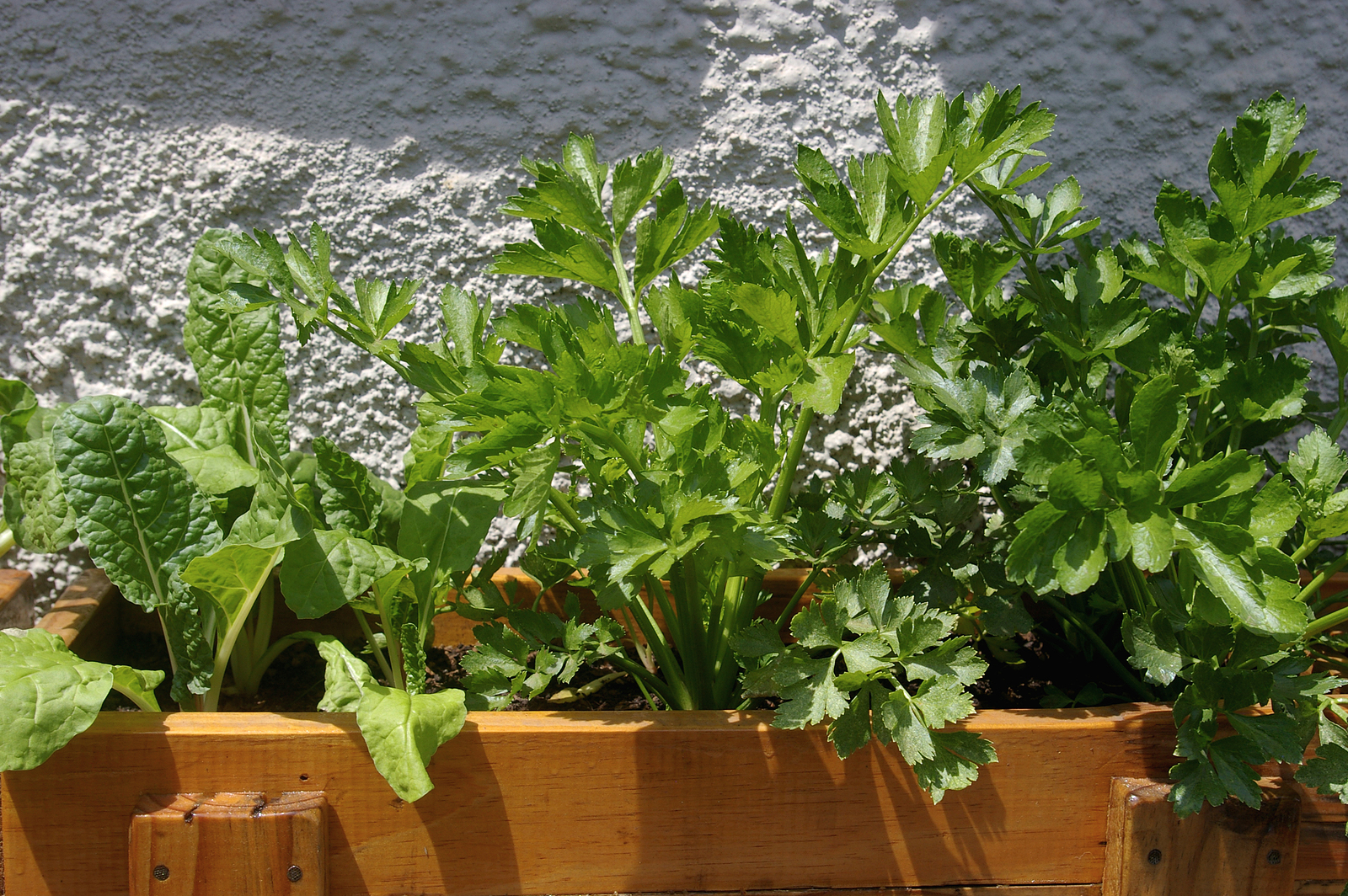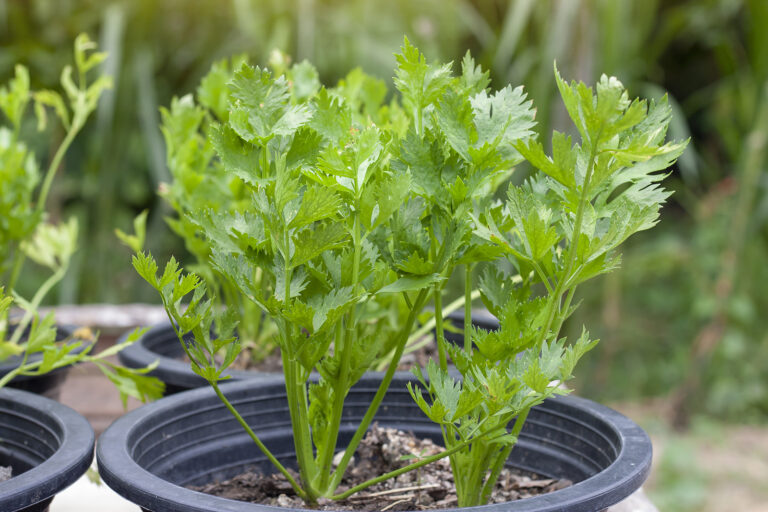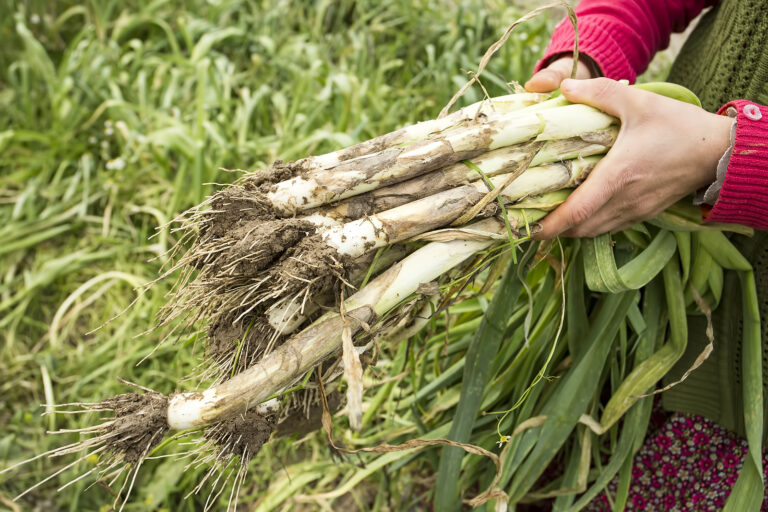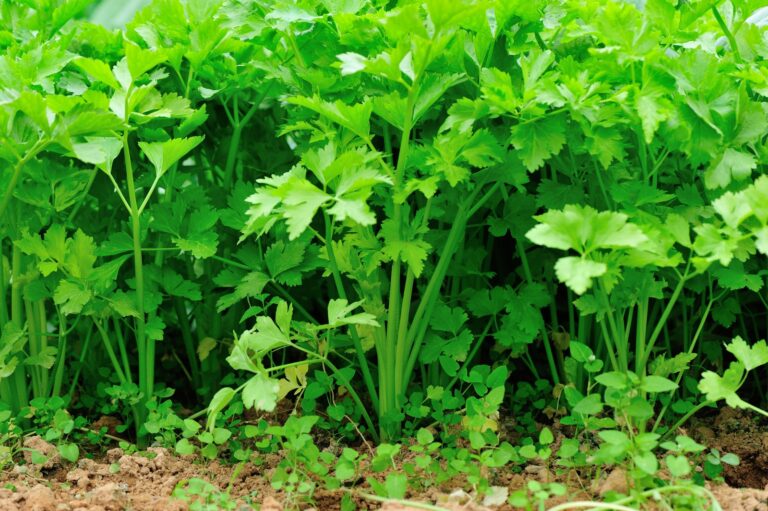How to Grow Celery in Containers or Pots
Celery is one of the trickier vegetables to grow in the ground, but in my 30+ years of gardening, I’ve found that it thrives surprisingly well in containers—if given the right conditions. Growing celery in pots lets you control soil, water, and pests more easily, and it’s a great option for gardeners with limited space or poor soil. In this guide, I’ll share step-by-step tips, drawn from experience, to help you successfully grow crisp, tender celery in containers.
Choosing the Right Container
Celery has shallow but wide-spreading roots and thrives when it has room.
- Container Size: Choose a pot at least 12 inches deep and 12–18 inches wide. A 5-gallon bucket works well.
- Material: Plastic or glazed ceramic pots retain moisture better than clay, which dries quickly.
- Drainage: Ensure at least one drainage hole to prevent root rot.
Soil for Container Celery
Celery loves nutrient-rich, moisture-retentive soil. I use a homemade mix of:
- 2 parts high-quality potting mix
- 1 part compost or worm castings
- A handful of organic slow-release fertilizer
This ensures the steady nutrients celery needs for its long growing season.
Planting Celery in Pots
- From Seedlings: Transplant celery starts when they’re 3–4 inches tall.
- Spacing: Plant one celery plant per 12-inch pot, or 2–3 in larger tubs.
- Depth: Set seedlings at the same depth they grew in their nursery pots.
Watering Celery in Containers
Celery is about 95% water. In containers, soil dries faster, so consistent watering is essential.
- Keep the soil evenly moist, never dry.
- Water daily in hot weather.
- Mulch with straw or shredded leaves to help retain moisture.
Feeding Celery in Pots
Celery is a heavy feeder. In containers, nutrients leach out faster with watering.
- Mix in a slow-release organic fertilizer at planting.
- Supplement with liquid fish emulsion or seaweed every 2–3 weeks.
This steady feeding produces strong, flavorful stalks.
Container Care Tips
- Sunlight: Place pots where celery gets 6–8 hours of sun daily.
- Support: If stalks begin to spread, corral them gently with twine or a soft band.
- Blanching: For tender, pale stalks, wrap the base with newspaper or cardboard during the last 2–3 weeks before harvest.
Pests and Diseases in Pots
Container celery still attracts pests like aphids, slugs, and caterpillars. Check plants often and:
- Spray aphids with water or insecticidal soap.
- Handpick slugs at night.
- Remove infected leaves to prevent fungal spread.
Harvesting Celery from Containers
- Harvest outer stalks as needed once plants are 8–10 inches tall.
- For full heads, cut the plant at the soil line after about 100–120 days.
My Experience Tip
When I first grew celery in containers, I underestimated how quickly pots dry out. Setting pots in shallow trays of water during summer helped me keep the soil consistently moist without overwatering.
Final Thoughts
With the right pot, rich soil, and steady care, celery grows beautifully in containers. Whether you’re short on garden space or simply want to keep celery close to the kitchen, container growing is a reliable and rewarding method.
Quick Checklist: Growing Celery in Containers
✅ Container Size: 12–18″ wide, 12″ deep, with drainage holes
✅ Soil Mix: Potting soil + compost + slow-release fertilizer
✅ Planting: 1 plant per 12″ pot (or 2–3 in large tubs)
✅ Sunlight: 6–8 hours daily
✅ Watering: Keep soil consistently moist; mulch to reduce drying
✅ Feeding: Liquid fertilizer every 2–3 weeks
✅ Care: Tie stalks if they spread; blanch with newspaper for tender stalks
✅ Pests: Check for aphids, slugs, and caterpillars—control naturally
✅ Harvest: Cut outer stalks at 8–10″ or whole plant after 100–120 days
Celery Growing Hub
Start here: The Ultimate Celery Growing Guide: From Seed to Harvest
Celery Basics & Types
- Types of Celery Explained: Pascal, Leaf, and Celeriac Compared
- Best Celery Varieties for Home Gardeners
- Celery vs. Celeriac: Growing, Harvesting, and Cooking Differences
- What You Should Know About Celery Pollination
Planting & Site Prep
- When to Plant Celery by USDA Zone
- Celery Seed Starting Tips
- Direct Sowing Celery: Outdoor Seed Starting Guide
- Proper Celery Spacing and Planting Layout for Healthy Growth
- The Best Companion Plants for Celery and What to Avoid
- How to Grow Celery in Containers or Pots
Care & Maintenance
- How to Water Celery for Crisp, Tender Stalks
- Fertilizing Celery: Feeding Tips for Bigger, Tastier Stalks
- Celery Blanching Techniques: How to Get Tender, Mild Stalks
- Celery Care Throughout the Growing Season
Pests & Diseases
- Common Celery Pests and Diseases How to Control Them Naturally
- Celery Growing Problems: Troubleshooting
Harvest & Beyond




